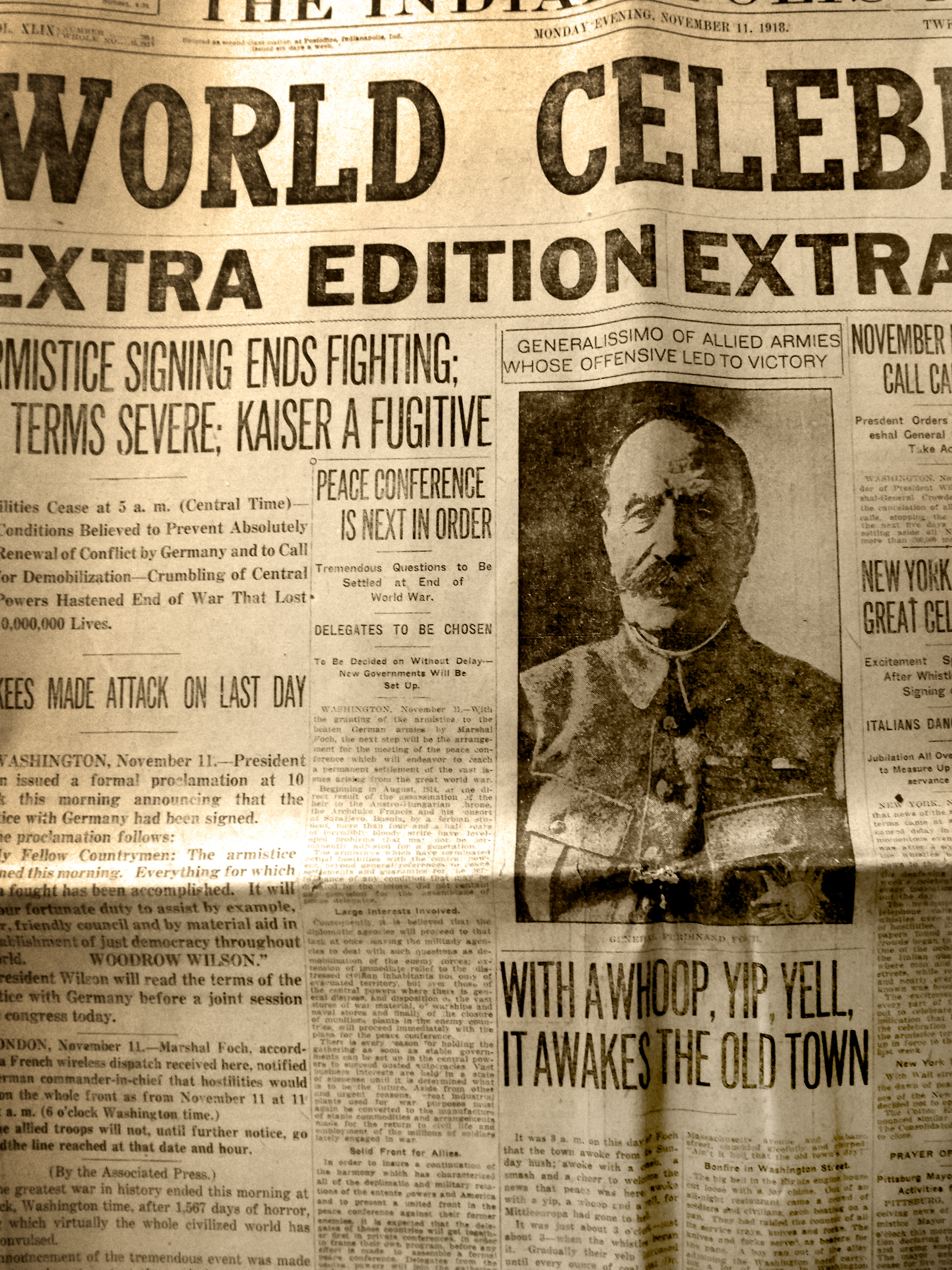
Referencing Song Titles in Dexter
Dexter Not Only Murders, He Steals Intellectual Property (“IP” to its friends) – Part 1
Everything, Everywhere, Anytime, Anyway
Publishers Might Not Mind Murder but Theft Of Intellectual Property? That Should Lead To Murder. (Theft of IP – now we’re talking real crime!)
I am very new to the great Showtime original series, DEXTER. I “cut the cord,” got Netflix and am now a proud Netflix sheep/minion who watches television based to a large degree on what’s available on Netflix.
I was attracted to Netflix because I loved the nature of the Netflix beast – for a reasonable monthly fee, we could watch/ingest anything and everything we wanted, when, where and how we wanted – via 55 inch television, 27 inch iMac, iPad with or without retina display, iPhone, Google Glass or wrist watch, although those latter two are not widely available on Earth as of late December 2013. But Netflix is part of what’s right about my intellectual property (IP) demands for life in the 21st century. My demands are fourfold:
- E V E R Y T H I N G
- E V E R Y W H E R E
- A N Y T I M E
- A N Y W A Y
Netflix does not provide EVERYTHING – every piece of intellectual property (IP) – but it does provide a reasonable amount of IP/visual/audio programming aka works of authorship.
Netflix does very well at fulfilling the EVERYWHERE of my demand at least in that my EVERYWHERE demand is limited to perceiving Netflix everywhere in the United States.
Netflix is nearly perfect at fulfilling the ANYTIME. If Netflix has it, I can view it at ANYTIME. One of the problems, however, is that some of their streamed IP/works of authorship that are available have an artificially-imposed limited shelf life. Many Netflix movies, for example, are scheduled to die/evaporate/shrivel up on January 1, 2014. There are probably typical business and licensing reasons for the shriveling/evaporation/death-ing and the reasons for these non-essential, human-ordained killings are likely to make sense to Netflix’ shareholders, but in my role as demanding and don’t-tell-me-no customer, I don’t care. It is the 21st century and those excuses need to be as obsolete as premature death of something that needn’t die. If Netflix or any other company will not give the customer what s/he wants, someone else will or another avenue, or four or five avenues to that IP, will open.
Netflix is doing very well with respect to ANYWAY as Netflix makes their content available across many platforms. I have blithely and propitiously watched Netflix programming on my
55 inch
27 inch
13 inch
9.7 inch
4 inch
devices.
(The numbers above correspond respectively to the following gadgets in this room: my JVC TV, iMac, MacBook Pro, iPad 5, iPhone 5.)
__________________________________________________________________________________
The Showtime original series, DEXTER, lasted for eight (8) seasons – each season featured twelve (12) episodes.
I was immediately intrigued by the series because of its extremely original setting and theme – a blood splatter analyst for the Miami Police Department, Dexter Morgan, a hard working, principled but troubled protagonist who always operates with a “dark passenger” by his side (Dexter’s evil inner being). In most episodes, Dexter acted as a vigilante who would capture bad people who seemed guilty of one or more murders (or child abuse, etc.). Often these seemingly guilty murderers had been found not guilty for what is commonly known in popular society/popular media (not by lawyers!) as “technicalities” – evidence was obtained illegally, the search warrant contained a misspelling, etc.
During the first season, I was amused by the titles of episodes especially because many were references to songs, lyrics or movies. I feel strongly that creators in contemporary cultures should feel free to acknowledge, borrow, reference, copy and transform preexisting material – in these examples, lyrics or text. The titles of episodes in DEXTER that have been referenced do not constitute any type of legal problem. The specifics of copyright/intellectual property law, with respect to referencing of titles, need not and will not be addressed in this post.
__________________________________________________________________________________
S O N G S (and Dexter)
Many episodes of DEXTER are titled after titles and/or lyrics from popular music songs. Stated a few other ways:
DEXTER references song titles
DEXTER copies song titles
DEXTER steals song titles
DEXTER misappropriates song titles
DEXTER appropriates song titles
DEXTER plunders song titles
DEXTER rips off song titles
DEXTER thieves song titles
(I use the word, “thieves,” as a verb above, humorously, knowing that “thieves” is NOT a verb.)
“Referencing” song titles is the most appropriate verb above.
What follows is my take on DEXTER episodes that reference song titles.
1.
DEXTER – Season 1 Episode 4 – Let’s Give The Boy A Hand. “Let’s give the boy a hand” was a lyric/phrase from the 1984 song, “Let’s Hear It For The Boy” recorded by Deniece Williams.
Deniece Williams – Let’s Hear It For The Boy (1984)
Many would sue for copyright infringement because all six (6) words of the Dexter title are the same as the lyric of the song.
Many would sue for copyright infringement because two (2) of the three (3) words are the same, and the title of this film.
2.
DEXTER – Season 1 Episode 5 – Love American Style. “Love American Style” was a television show that aired from 1969-1974.
The Love American Style theme song (1969)
Many would sue for copyright infringement because all three (3) words of the Dexter episode are the same as the title of the song (and television show).
3.
DEXTER – Season 1 Episode 6 – Return To Sender. “Return To Sender” was a 1962 Elvis Presley hit song.
Elvis Presley – Return To Sender (1962)
“…(using a forever stamp), I gave a letter to the postman, he put it in his sack, bright and early next morning he brought my letter back…”
Many would sue for copyright infringement because all three (3) words of the Dexter episode are the same as the title of the song.
4.
DEXTER – Season 3 Episode 3 – The Lion Sleeps Tonight. The long, rich and complex history of “The Lion Sleeps Tonight” is discussed in the Wikipedia entry.
Well-known versions of “The Lion Sleeps Tonight” include:
The Tokens – The Lion Sleeps Tonight (1961)
Robert John – The Lion Sleeps Tonight (1972)
They Might Be Giants – The Guitar (The Lion Sleeps Tonight) (1992)
Many would sue for copyright infringement because all four (4) words of the Dexter episode are the same as the title of the song.
5.
DEXTER – Season 3 Episode 10 – Go Your Own Way. “Go Your Own Way” is likely in reference/deference to the Fleetwood Mac song about the breakup of a romantic couple as this Dexter episode is about the pending breakup of “Dexter Morgan” and “Miguel Prado,” Dexter’s brief murder accomplice, in this pivotal DEXTER episode.
Fleetwood Mac – Go Your Own Way (1976)
Many would sue for copyright infringement because all four (4) words of the Dexter episode are the same as the title of the song.
6.
DEXTER – Season 4 Episode 3 – Blinded By The Light.
Manfred Mann – Blinded By The Light (1976)
Bruce Springsteen – Blinded By The Light (1973)
“Blinded By The Light” was written and recorded initially by Bruce Springsteen. Manfred Mann’s cover of Blinded By The Light was more commercially successful, as well as an example of pretentious art-rock, for which you can thank Manfred Mann or not.)
Many would sue for copyright infringement because all four (4) words of the Dexter episode are the same as the title of the song.
7.
DEXTER – Season 4 Episode 6 – If I Had A Hammer. “If I Had A Hammer” was written in 1949 by the great American folksinger/activist/humanist Pete Seeger. Below are two (2) famous versions – the Peter, Paul & Mary 1963 live performance at the Newport Folk Festival, and the original 1950 recording by Pete Seeger & The Weavers:
Pete Seeger/The Weavers – If I Had A Hammer (1950)
Peter, Paul & Mary – If I Had A Hammer (1963)
Many would sue for copyright infringement because all five (5) words of the Dexter episode are the same as the title of the song.
When it comes to DEXTER, a hammer can be an effective killing weapon, not just a metaphorical hammer that bludgeons one’s competitors (think Apple, Samsung and other litigating bodies) but the REAL thing – the means by which one human murders another human.
8.
DEXTER – Season 5 Episode 9 – Teenage Wasteland. “Teenage Wasteland” refers to the 1971 song by The Who entitled, “Baba O’Riley,” with its chorus phrase, “it’s only teenage wasteland.”
The Who – Baba O’Riley (1971)
Many would sue for copyright infringement because both words of the Dexter episode are the same as the lyrics of Baba O’Riley.
9.
DEXTER – Season 6 Episode 5 – The Angel Of Death. “The Angel Of Death,” is most likely a reference to the famous Hank Williams song.
Hank Williams – Angel Of Death (posthumously released in 1954)
Many would sue for copyright infringement because all four (4) words of the Dexter episode are the same as the title of the song.
10.
DEXTER – Season 7 Episode 9 – Helter Skelter.
“Helter Skelter” most likely refers to the 1968 Beatles song Helter Skelter from “The Beatles” better known as The White Album.
“Helter Skelter” is also the name of a carnival ride – an “amusement park ride with a slide built in a spiral around a high tower.”
In 1713, Robert Louis Stevenson wrote the poem, Helter Skelter.
Many would sue for copyright infringement because both words of the Dexter episode are the same as the title of the Beatles song.
11.
DEXTER – Season 7 Episode 11 – Do You See What I See? “Do You See What I See?” likely refers to the 1962 Christmas song, “Do You Hear What I Hear?”
Bing Crosby – Do You Hear What I Hear (1962)
Many would sue for copyright infringement because four (4) of the six (6) words of the Dexter episode are the same, and the title of this song.
12.
DEXTER – Season 8 Episode 9 – Make Your Own Kind Of Music. “Make Your Own Kind Of Music” likely refers to the 1969 “Mama” Cass Elliot song, “Make Your Own Kind Of Music.”
“Mama” Cass Elliot – Make Your Own Kind Of Music (1969)
Many would sue for copyright infringement because all six (6) words of the Dexter episode are the same as the title of the song.
__________________________________________________________________________________
In future posts about DEXTER, I will discuss the referencing of movies, television shows and other cultural artifacts.
__________________________________________________________________________________












